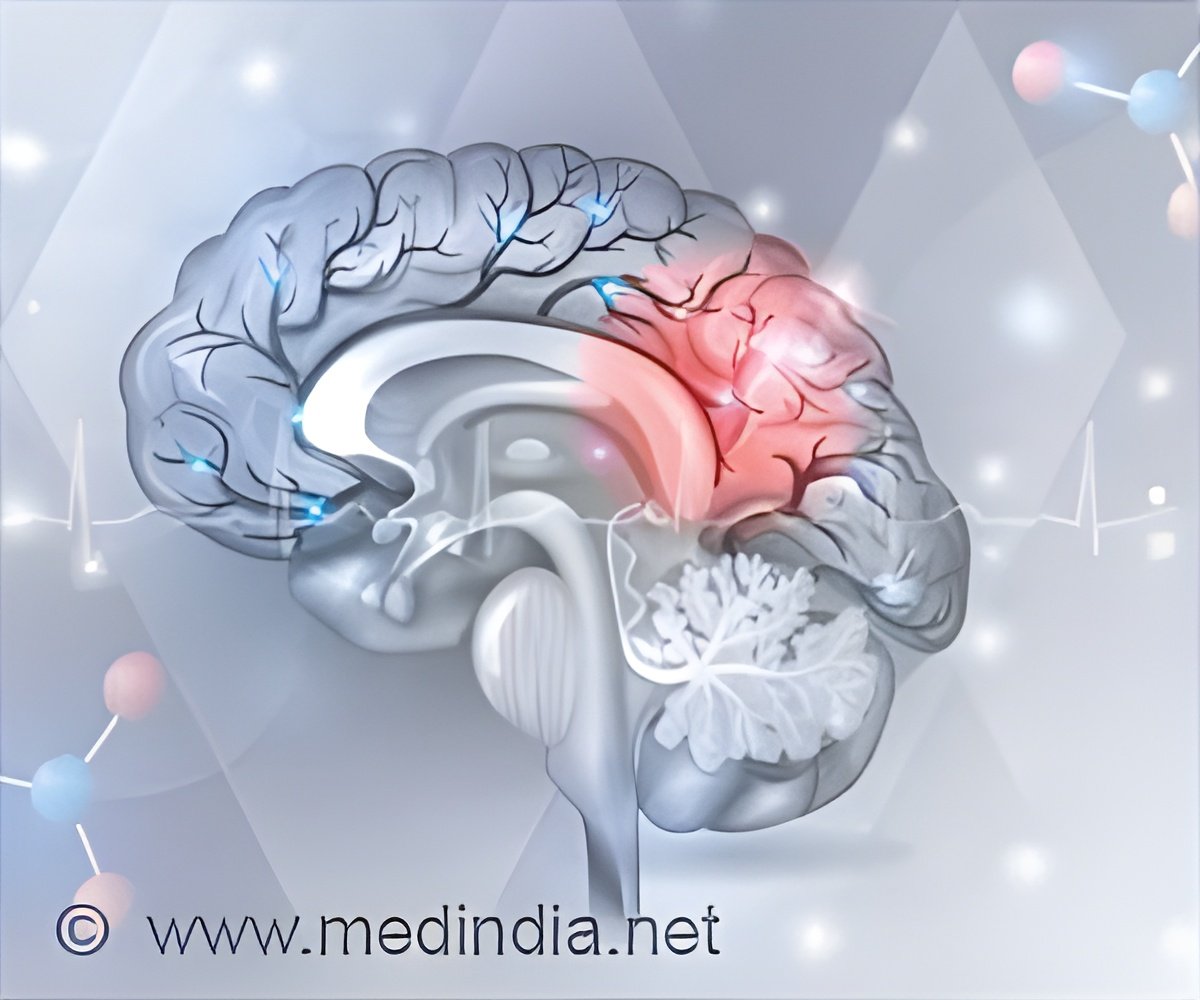The tau protein is involved in normal learning processes in the healthy brain. The tau protein is a critical element in the formation of Alzheimer’s disease.

‘The neurotransmitter glutamate and tau have previously been implicated in seizures during epilepsy and in stroke.’





Employing a sensitive method named proximity labelling, the team aimed to identify all proteins that tau comes in contact with within brain cells, labelling and identifying the whole collection of interacting proteins as they went. Looking at the collection of proteins that interact with tau, and which specific functions these interactions support, the researchers found that while tau binds to proteins supporting brain cell structure, it also interacted with proteins that control vesicles and cell surface receptors for neurotransmitters, both necessary for learning and memory in the brain.
Protein Aggregates and Dementia
“Our new study took a snapshot of all partners tau engages with to support normal brain function,” says senior study author Dr Arne Ittner, Senior Research Fellow in Neuroscience in the Flinders Health and Medical Research Institute.“Out of a wealth of partners, we identified one enzyme that critically controls neurotransmitter sensors. This enzyme, called NSF, is inhibited by tau, particularly in Alzheimer’s.”
Changes in the connections between brain cells, called synapses, underly the processes involved in formation and retention of memory. These changes happen at the molecular level and help us store and retrieve memories, such as places visited or of loved ones.
When memories form, the number of neurotransmitter receptors – sensor molecules that detect messages from other brain cells – increase in synapses. This process is controlled by several factors, including an enzyme called ‘N-maleimide sensitive factor’, or simply NSF.
Advertisement
While end-stages of Alzheimer’s have been known to neuropathologists for over a century, less well-known were how normal functions of tau may link to memory impairment at other stages in life. The new study identifies one such ‘starting point’ where things can begin to go wrong.
Advertisement
After identifying NSF as a new partner of tau, the team focused on how tau specifically contributes to processes involving receptors for the neurotransmitter glutamate, using high-powered microscopic techniques and memory testing in mice.
Working with colleagues from Macquarie University to confirm how tau impacted NSF in cultured brain cells, the researchers saw that NSF was uncontrolled in cells lacking the tau protein, leading to abnormal behaviour of glutamate receptors.
“By removing and reintroducing the tau protein in brain cells, we were able to attribute changes in the receptors’ behaviour to changes in tau, which may become focal points for future drug therapies,” says Dr Ittner.
Thus, the new findings provide a molecular link between the normal function of tau in controlling glutamate receptors in the brain and conditions of heightened brain activity.
“Interestingly, mutations in NSF have been associated with hereditary forms of epilepsy, putting this new finding in proximity to tau’s function in epilepsy and stroke,’ says Dr Ittner.
Source-Eurekalert















